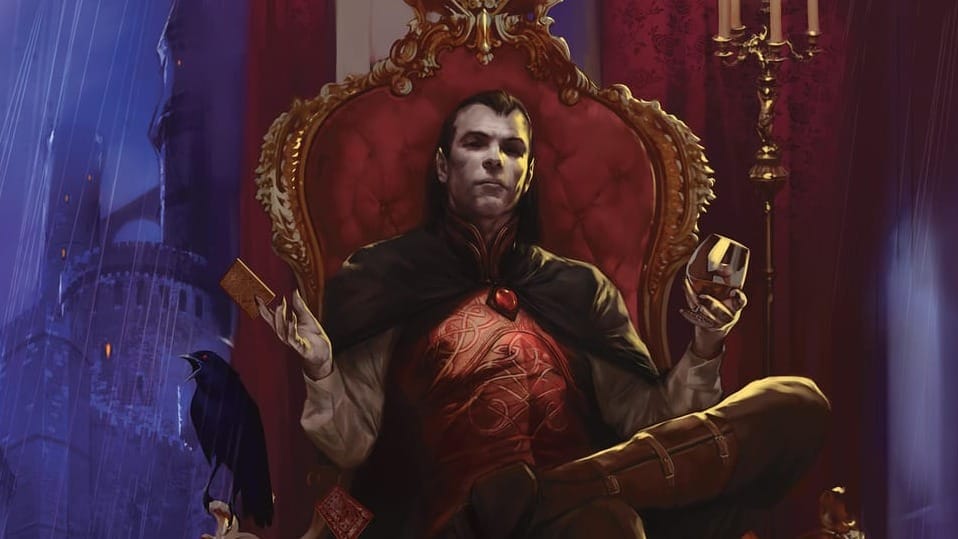A writer’s room is a tabletop game
Treating your tabletop game like a collaborative writer’s room will make you a better storyteller.

When I took a step back from Rascal, I was a little obtuse about the exact nature of the job I accepted in Los Angeles. But I’ve been public about it elsewhere, and now I want to blog about it. I am working as the Writers Room Assistant for Interview With the Vampire, Season 3. Like many positions deemed essential in show business, it sounds slightly fancy and it is deeply unglamorous. But, as it turns out… I’ve been preparing for this exact job my entire life. To unearth the lede almost immediately: writing a tv show happens almost the exact same way playing a TTRPG happens. And I am a very good player. I’m much better now.
Here’s how my day goes: A group of creative people sit at the table – at its head, a guy tasked with figuring the ins and outs of the story, helping guide the conversation. We jump from character to character, scene to scene, diving deep sometimes and then pulling back, talking about the big picture, or the continuity, or the sex, or the canon. People riff dialogue, plus scenes, and move back and forth within the story, rearranging and rewriting as they go. Sometimes, they even get up and act it out a little.
Essentially, a tabletop game with less dice and fewer rules.
Today was my first day as the Writer's Room Assistant on Interview with the Vampire.
— lin codega goes west (@lincodega) September 16, 2024
It's a lot of taking dictation, compiling notes, + sending outlines. I'm thrilled to start this journey on one of the best shows on air, with some of the smartest people in town. pic.twitter.com/OhcsZYqhyr
(And all the while, I’m sitting there, furiously taking notes on the conversation happening. It’s not quite transcription and involves a lot of organization, memorization, and a deep understanding of not only the conversation now but the conversation ten minutes – or even ten days – ago. I also am required to know the lore, acting as a walking Anne Rice textbook. Which... if you've read any number of Vampire Chronicles lore, is ever-changing. It is, in short, a job that utilizes every journalistic skill I’ve learned over the past decade.)





